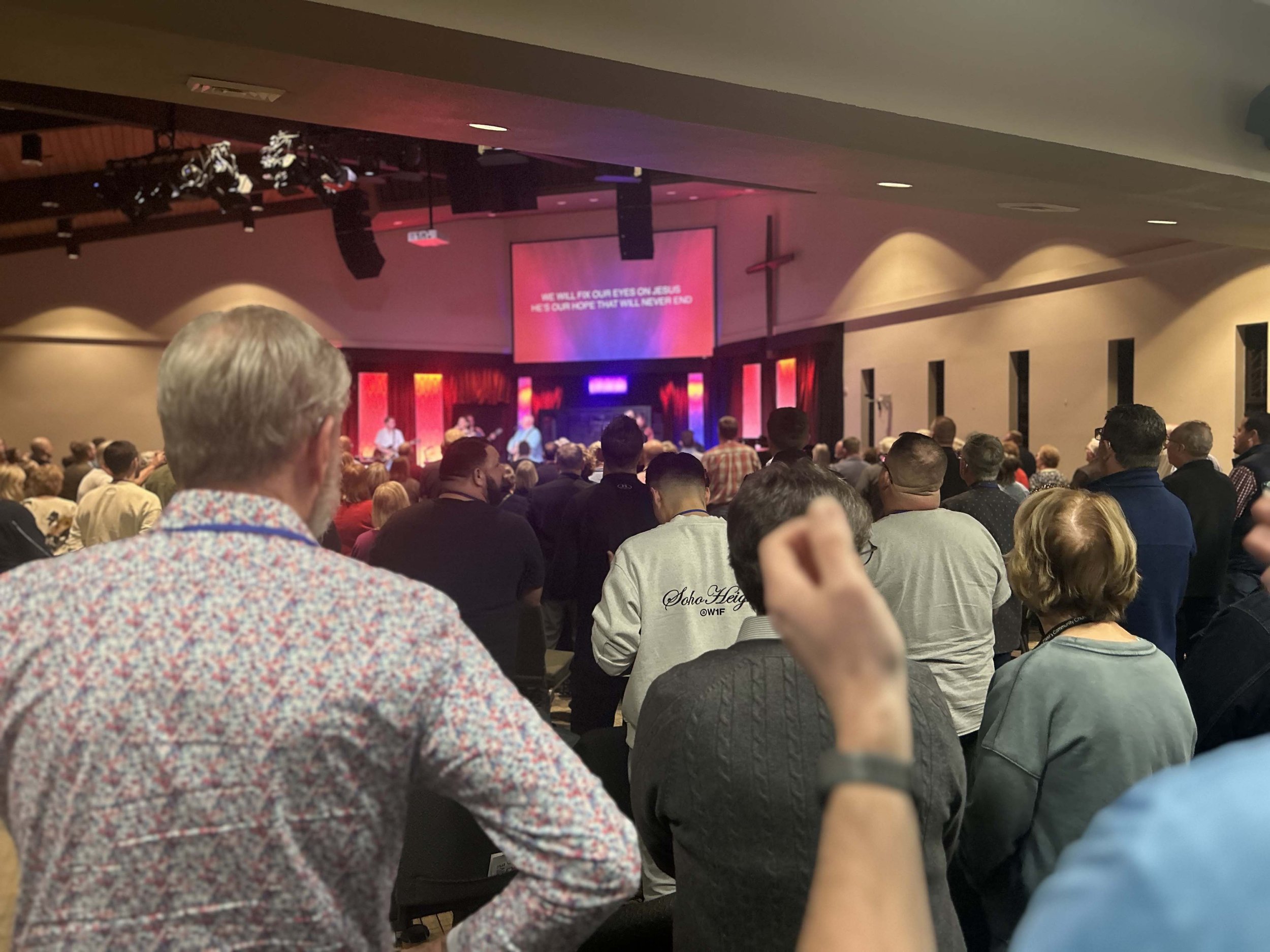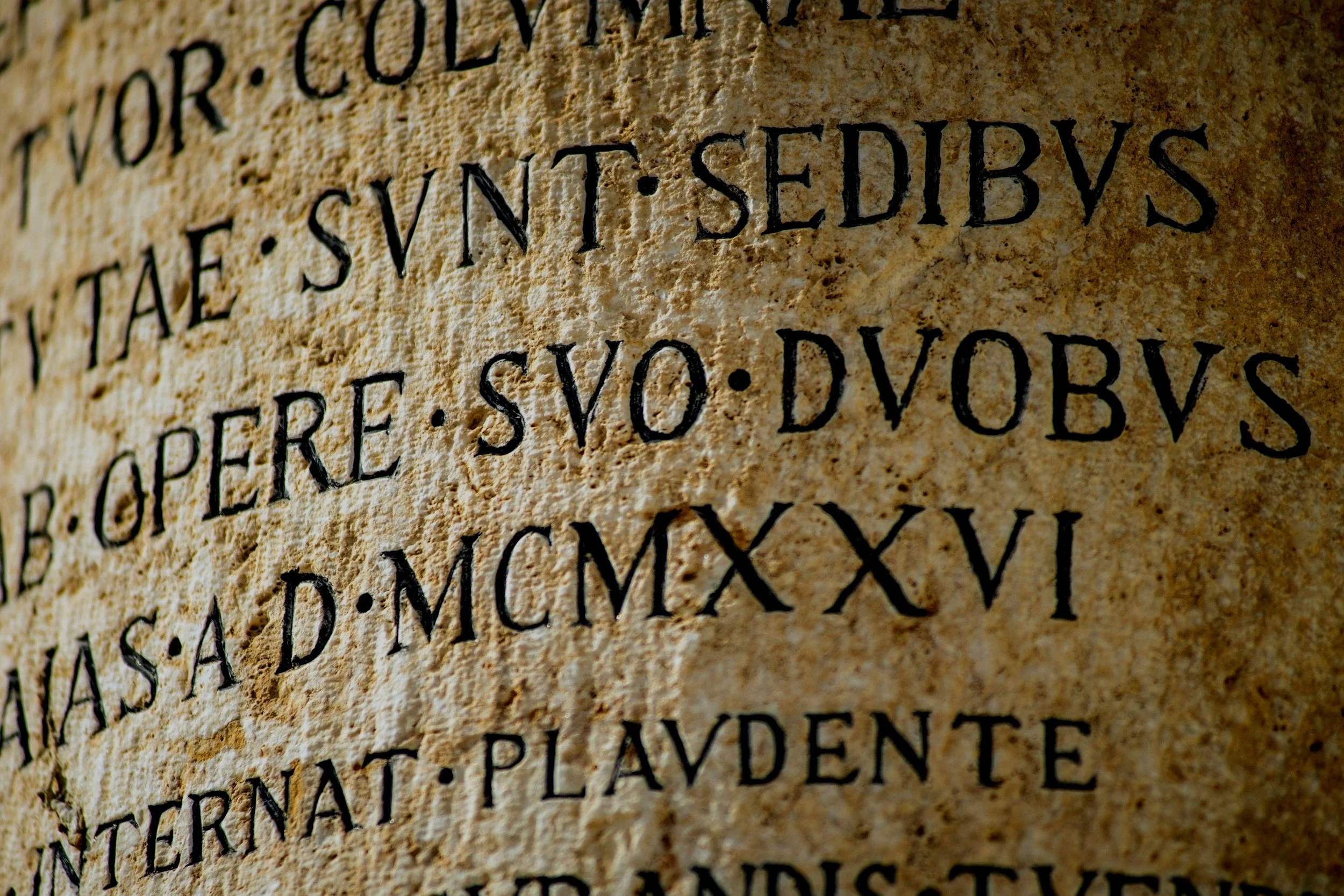
Creeds &
Confessions
The Apostles, Athanasian, and Nicene Creeds unite all Christians as the global Church.
The Heidelberg Catechism, Belgic Confession, and the Canons of Dort are historic Reformed expressions of the Christian faith The Belhar Confession as an addendum to the Belgic Confession, to give its call to unity a more biblical context.
The Great Lakes Catechism on Marriage and Sexuality as an addendum to the Heidelberg Catechism to give its teaching on human sexuality a more biblical context.
-

The Apostle's Creed
DOWNLOAD →
-

Athanasian Creed
DOWNLOAD →
-

Nicene Creed
DOWNLOAD →
-

Heidelberg Catechism
DOWNLOAD →
-

Belgic Confession
DOWNLOAD →
-

Canons of Dort
DOWNLOAD →
-

Belhar Confession
DOWNLOAD →
-

Great Lakes Catechism on Marriage and Sexuality
DOWNLOAD →
